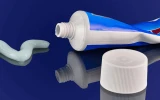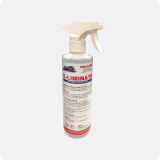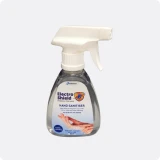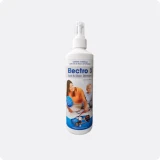Is Fabric Softener Necessary? The Verdict Is In
Published on May 5, 2022
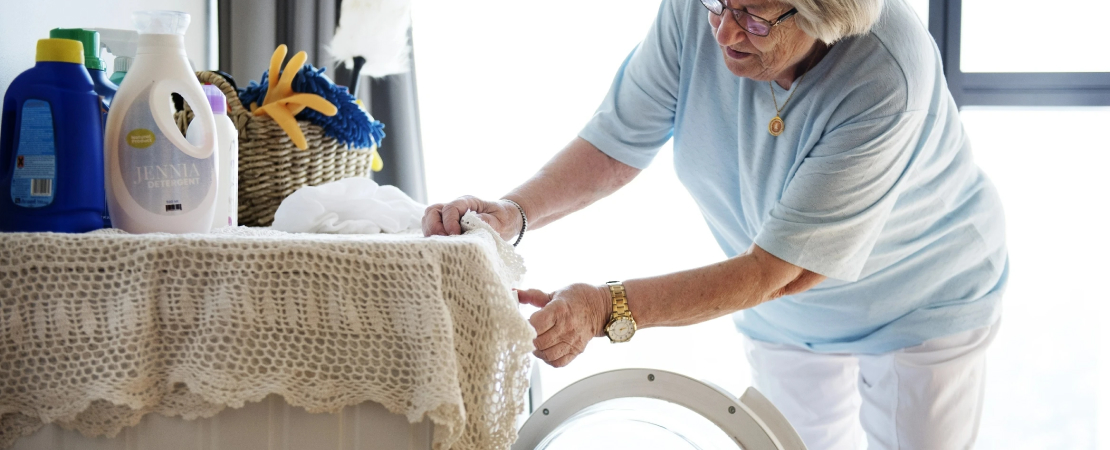
To soften or not soften: that is the question.
Fabric softener has been around for decades but is it really necessary in your laundry anymore?
We're on the case.
How do fabric softeners work?

Fabric softeners makes fibres stand on end and coats them with a lubricating film, so they feel softer and fluffier.
It can also minimise static cling.
Fabric softener is added during the rinse cycle because the wash cycle removes soiling and additives from your clothes, and for a fabric softener to work it needs to stay behind in the fabric after you wash.
When should you NOT use a fabric conditioner?
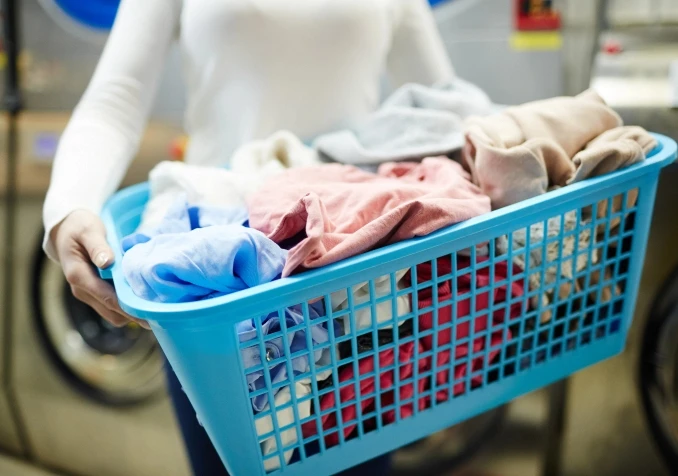
There are a few important instances where you should avoid putting fabric softener into your washing machine.
-
According to Choice, fabric softeners reduce the fire retardancy of clothing. It's particularly crucial not to use them on children's pyjamas. Over time, the film your fabric softener leaves behind wears down the flame resistance.
-
While fabric softener will definitely make towels fluffier, it can also reduce their moisture absorbency, rendering them useless for getting you dry after your shower.
-
Bras and underwear also have stretchy components that may be weakened by fabric softeners over time.
-
It can also affect how clothes such as activewear keep you free from moisture (sweat). These clothes are manufactured with moisture-wicking qualities designed to keep you cool – fabric softeners can denigrate these properties.
Is fabric softener necessary?
Fabric softeners were developed in the early 1900s to improve the softness of cotton fibres, as the dyeing process could leave clothing feeling rough and hard.

These days, however, with improved technology and clothes manufacturing processes, fabric softener is an unnecessary expense.
Aside from the fact that there are several clothing items you shouldn’t be using it on (see section above), adding additional chemicals to the waterways is another needless burden on the environment.
They're not detergents, so fabric softeners won't make your clothes cleaner. Some research we found actually indicated that fabric softeners may even make clothes dirty again, as they leave them coated in chemicals and make it harder for the detergent to penetrate clothes' fibres.
One less item on your grocery bill is an added bonus, too!
What can I use instead of fabric softener?
There are better ways to get fluffy towels, such as popping them in the dryer for a few minutes or just giving them a good shake out.
You can also just use vinegar in your next wash. Although it may not give you the same level of softness you get from a commercial fabric softener, it will definitely make a difference. Better yet, it’s cheaper and has less of an impact on the environment.
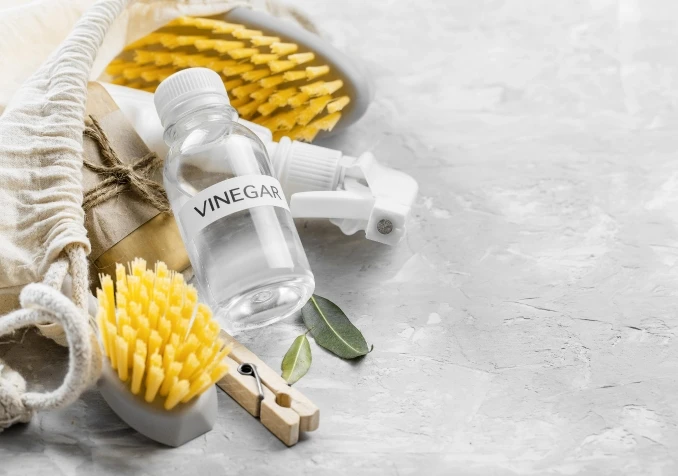
How to Make A Homemade Fabric Softener
All you need to do is add ½ cup of white vinegar to your fabric softener dispenser. It won't affect the moisture absorbency of your towels and can also clean away other deposits from your washing machine, something commercial softeners won’t do.
If you want a little more than basic vinegar, you can create your own natural fabric softener.
What you'll need
- 1 cup vinegar
- 2 tablespoons baking soda
- A few drops of your favourite essential oil
Directions
- Just combine and let it sit until the fizzing stops. And there you go! Your very own fabric softener that will leave your clothes smelling phenomenal.
Important note: don’t use bleach in the same load as vinegar. Mixing these together forms a toxic gas, so it’s a big no-no.



